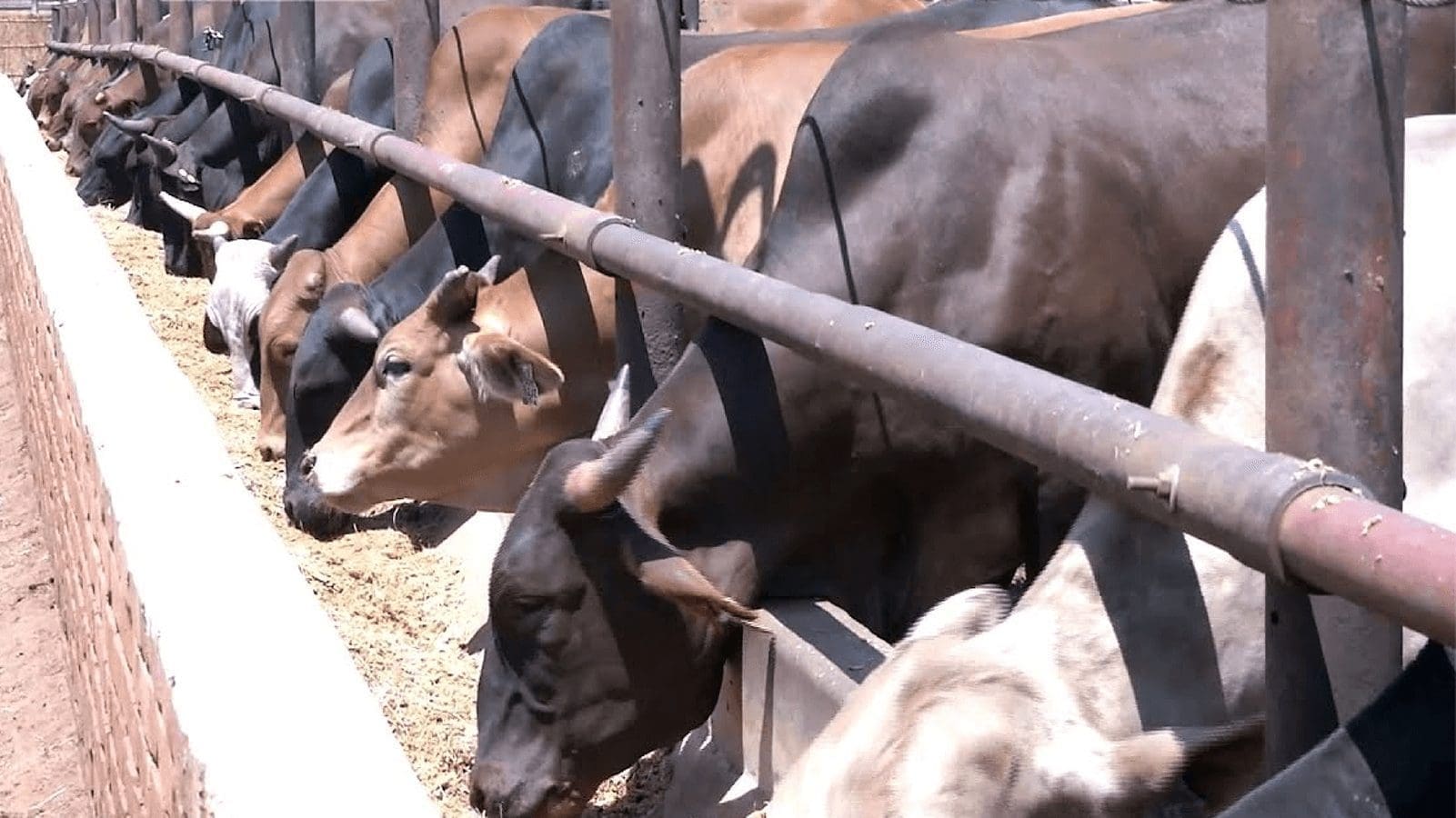UGANDA – Uganda’s Ministry of Trade, Industry and Cooperative, has declared 195 new standards compulsory in accordance with the Uganda National Bureau of Standards (UNBS) Act Cap 327, Section 18 (1) (a) and on recommendation of the National Standards Council (NSC).
Out of the new 195 standards declared compulsory, 78 are in the chemicals and consumer products sector and 42 are in the Food and Agricultural Sector.
Compulsory standards refer to standards for products that directly affect the human and animal health and safety, provide quality requirements for products and services, affect the environment and compliance is a must.
Some of the new standards declared compulsory include essential oils standards, Apiculture and Apiculture products standards.
20 national standards have also been amended to meet the current trade demands.
A standard is a document that contains rules, guidelines or characteristics of given product. Standards are important because they guide the user on the required and appropriate designs of products, services and systems, which in turn improves product, service and systems’ quality, leading to efficiency as business costs are reduced, profits are increased, driving growth of the business sector and Ugandan economy at large.
The Uganda National Bureau of Standards, was established as a semi-autonomous body by an Act of Parliament in 1983. It has a National Standards Council as its policy making body.
Tanzania’s, Uganda’s consensus on non-tariff trade barriers
Meanwhile Uganda and Tanzania have signed several Memorandum of Understanding (MoU) among them those that will see the removal of non-tariff barriers between the two countries as one of the ways to ease trade.
This was during the meeting of the fourth session of the Joint Permanent Commission between Uganda and the Republic of Tanzania in Kampala.
The Tanzanian delegation in Uganda was led by their Minister of Foreign Affairs and East African Cooperation, Amb Liberata Mulamula.
Speaking at the function, Uganda’s Foreign Affairs Minister, Gen Jeje Odongo applauded both countries for working towards bilateral cooperation.
“I am delighted to learn that both delegations have heeded to the call by our two Heads of State to work together to eliminate all non-tariff barriers to facilitate trade between our two countries. Trade is an important element for our mutual growth and prosperity,”Jeje said.
He also expressed contentment that the two sides had agreed to appoint focal points for all ministries, departments and agencies in the two countries who will coordinate and follow up on issues to ensure quick and full implementation.
The Foreign Affairs Minister commended experts for identifying new areas of engagement which he said will further deepen the existing cooperation between the countries.
Non-tariff barriers are trade barriers that restrict the import or export of goods through means other than tariffs. The World Trade Organization (WTO) identifies various non-tariff barriers to trade, including import licensing, pre-shipment inspections, rules of origin, custom delayers, and other mechanisms that prevent or restrict trade.
Liked this article? Subscribe to Food Safety Africa News, our regular email newsletters with the latest news insights from Africa and the World’s food safety, quality and compliance. SUBSCRIBE HERE








